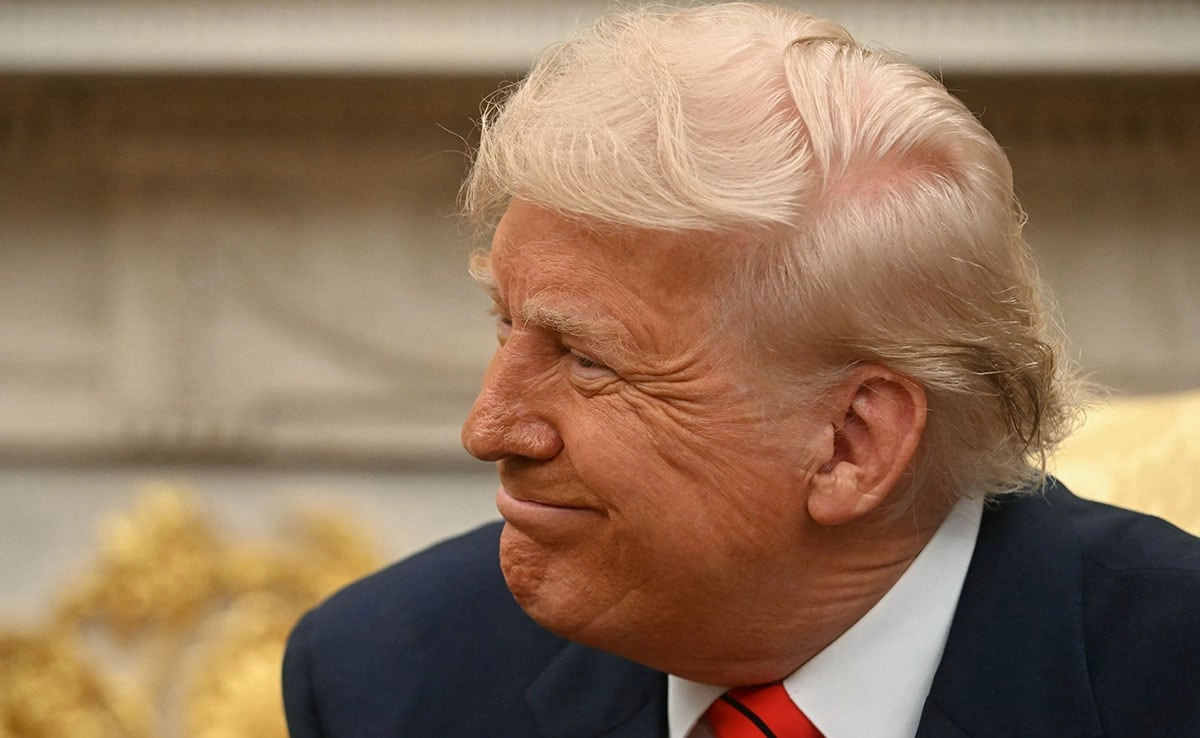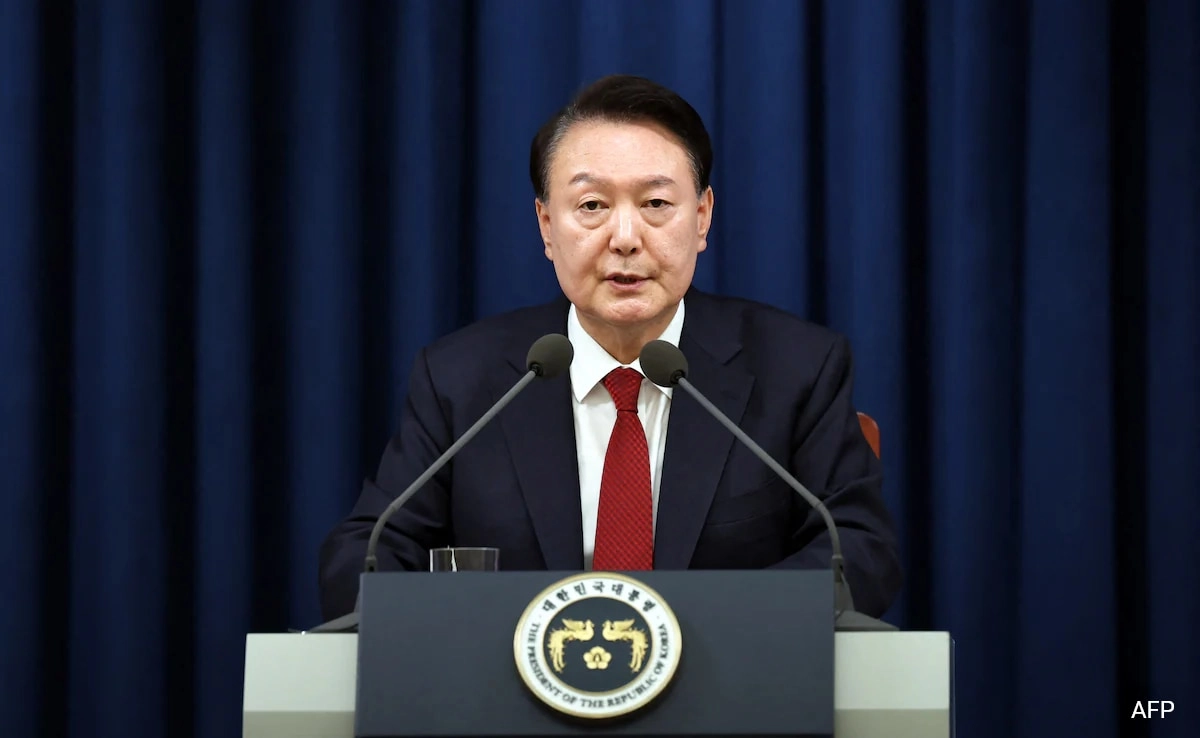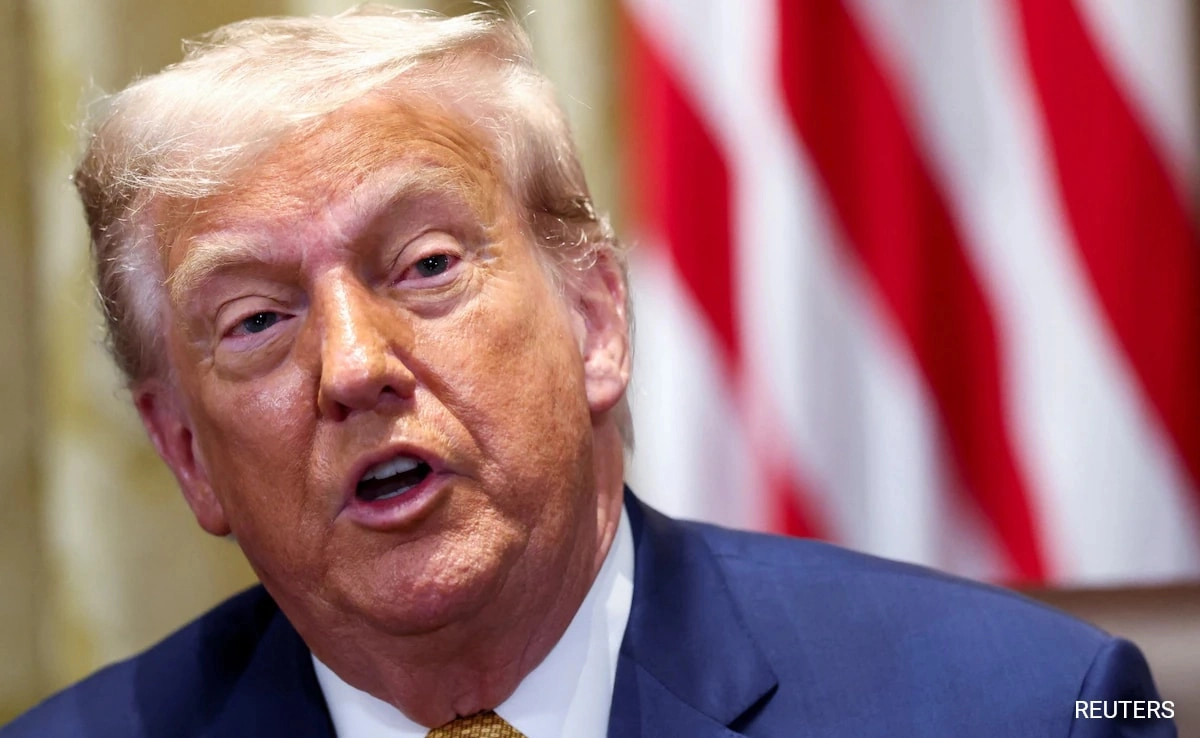Fifteen Bangladeshi Army officers have recently been detained, raising significant concerns about the state of military oversight and governance in the country under the regime of Prime Minister Sheikh Hasina. These detentions are part of a broader narrative surrounding allegations of corruption, abuse of power, and mismanagement within the military ranks. As the government continues to tighten its grip on power, the implications of these actions extend beyond the individuals involved, potentially affecting the integrity of the armed forces and the nation’s political landscape.
The arrests are seen as a reflection of the ongoing tensions between the civilian government and the military establishment in Bangladesh. Historically, the military has played a crucial role in the country’s politics, often acting as a stabilizing force during times of political upheaval. However, the current regime under Sheikh Hasina has taken steps to assert control over the military, leading to concerns about the independence of military personnel and their ability to operate without undue influence from the government. This situation raises questions about the balance of power in Bangladesh and the potential consequences for national security.
Moreover, the timing of these detentions is particularly noteworthy, as they coincide with heightened political unrest and calls for reform from various sectors of society. Critics of the Sheikh Hasina administration argue that such actions are a tactic to consolidate power and suppress dissent, particularly in the face of growing opposition movements. The impact on public trust in the military and government institutions could be profound, as citizens grapple with the implications of these detentions on their rights and freedoms.
In summary, the detention of these fifteen army officers is emblematic of the complex dynamics at play in Bangladesh, where political power struggles intersect with military authority. As the situation unfolds, it will be crucial to monitor how these developments affect both the military’s role in governance and the broader political climate in the country. The implications of these events could resonate for years to come, influencing the trajectory of Bangladesh’s democratic processes and institutional integrity.




